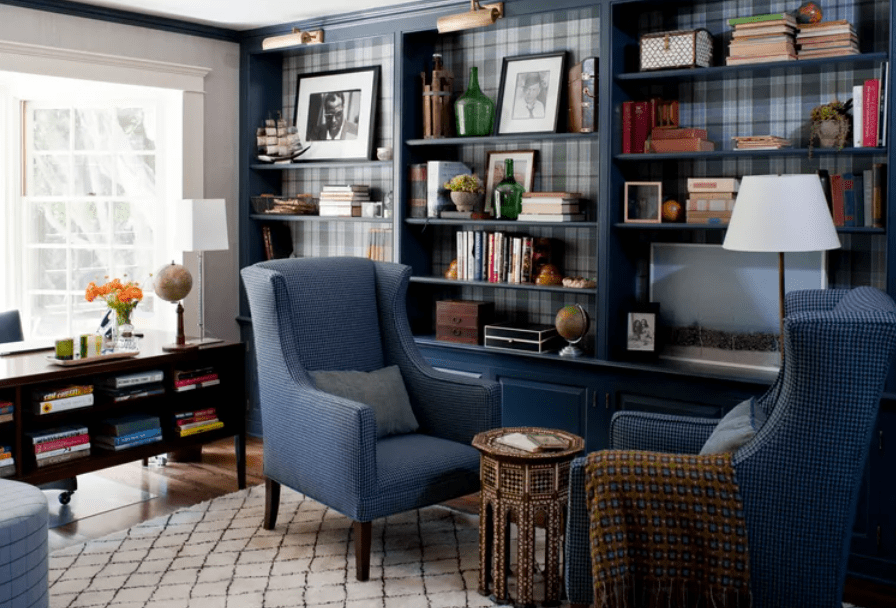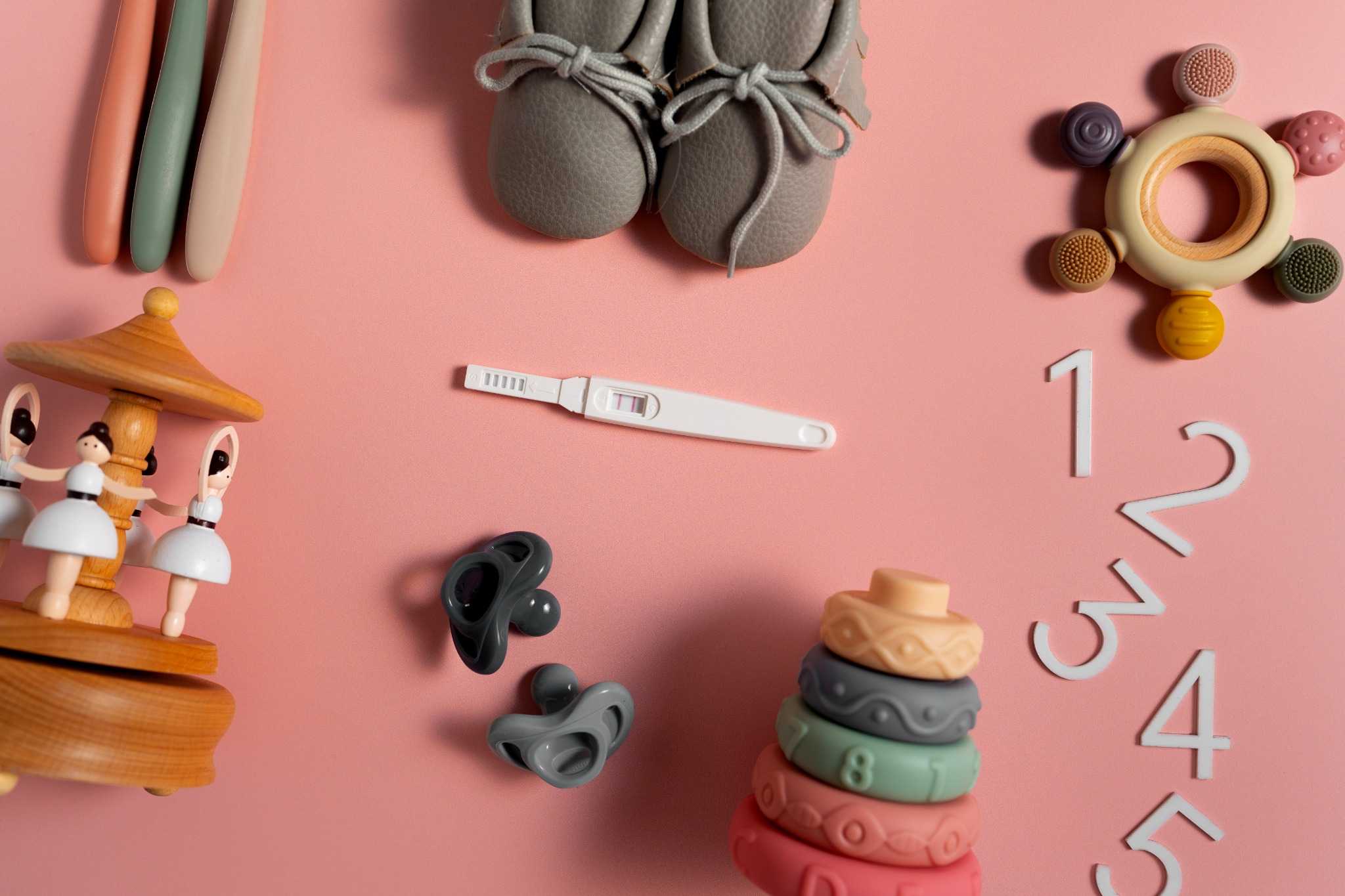
Health
TryEden Review – Innovative Wellness for Mind, Body & Longevity
TryEden has emerged as one of the most trusted modern wellness brands, combining science, natural ingredients, and clinical research to create supplements designed for overall health and longevity. With a strong emphasis on NAD+ restoration, metabolic health, and natural weight management, TryEden offers solutions that go beyond quick fixes to support long-term vitality. In thi...


















